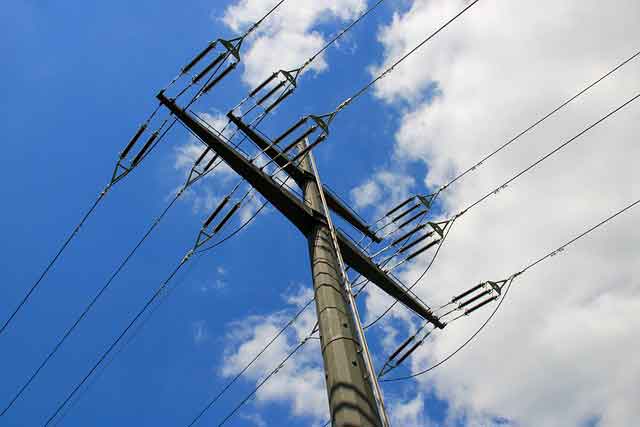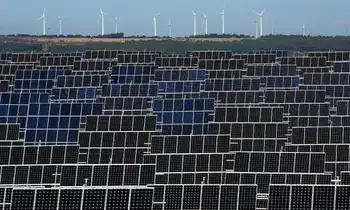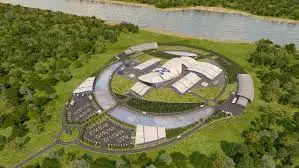TransAlta announces Blue Trail wind power project
ALBERTA - TransAlta Corporation announced plans to design, build and operate a 66-megawatt (MW) wind power project in southern Alberta. The capital cost of the project is estimated at $115 million. Commercial operations are expected to commence in the fourth quarter of 2009.
Located four kilometres from Fort Macleod, the wind farm will incorporate 22, three-MW wind turbines. Once complete, the Blue Trail wind farm will provide an annual average of 195,000 megawatt hours per year - enough electricity to meet the needs of approximately 29,000 homes.
"Wind power is a key resource for meeting the demand for competitively priced, and environmentally sustainable electricity in the Alberta market," said Steve Snyder, TransAlta's President and CEO. "This project will be ready to be commissioned by December 2009, which will help alleviate some of the supply concerns in our home market."
"Blue Trail supports TransAlta's drive toward capitalizing on growth opportunities in our core western markets - through the addition of high-quality wind, small hydro, geothermal and co-generation assets to its generation portfolio. The project meets TransAlta's return thresholds and is consistent with the company's capital allocation plan," Mr. Snyder added.
Delivery of the V90 turbines from Vestas is scheduled to begin mid-2009. TransAlta will work with local firms during construction. The project is subject to regulatory and environmental approvals.
The announcement of the Blue Trail wind power project follows TransAlta's announcement of the 96 MW Kent Hills wind farm, located in New Brunswick.
TransAlta also owns and/or operates the Castle River, McBride Lake and Summerview wind farms in southern Alberta. The addition of the Blue Trail wind power project brings TransAlta's total net wind-generated capacity to 314 MW.
Related News

U.S. Electricity and natural gas prices explained
ALBANY - There are a lot of factors that affect the price of energy. What’s included in the price to heat homes and supply them with electricity may be a lot more than some people may think.
Electricity
Generating electricity is the largest component of its price, according to the U.S. Energy Information Administration (EIA). Generation accounts for 56% of the price of electricity, while distribution and transmission account for 31% and 13% respectively.
Homeowners and businesses pay more for electricity than industrial companies. This is because industrial companies can take electricity at higher voltages, reducing transmission costs for energy companies.
“Industrial consumers…




